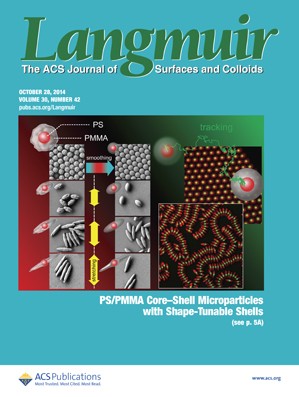Fluorescence correlation spectroscopy (FCS) is frequently used to measure the self-diffusion coefficient of fluorescently labeled probes in solutions, complex media, and living cells. In a standard experiment water immersion objectives and window thickness in the range of 0.13–0.19 mm are used. We show that successful FCS measurements can be performed using samples of different refractive index placed in cells having windows of different thickness, even much thicker than nominally allowed. Different water, oil, and silicon oil immersion as well as long working distance dry objectives, equipped with the correction collar, were tested and compared. We demonstrate that the requirements for FCS experiments are less stringent than those for high resolution confocal imaging and reliable relative FCS measurements can be performed even beyond the compensation range of the objectives. All these features open new possibilities for construction of custom-made high temperature and high pressure cells for FCS.

